I recently stumbled across Wired magazine's video series Expert Explains One Concept in 5 Levels of Difficulty. I first saw the video on blockchain, which is not super interesting but I liked the format.
I found the concept interesting because there's something very true and practical about the approach. When we learn new concepts they are often explained incompletely to begin with, and may even be completely wrong or misleading. This is because we do not have the conceptual scaffolding to reach the fundamental truth yet.
My favorite example of this is Bohr's model of the atom. I talked about this in a previous post on learning in computer games where I said
The thing is that it's okay to learn partial knowledge, or even wrong knowledge, if it increases your understanding of something, even marginally.
I think this applies to this 5 levels of increasing difficulty approach. So without further preamble, this post is an experiment to describe the Nth Society game using this technique.
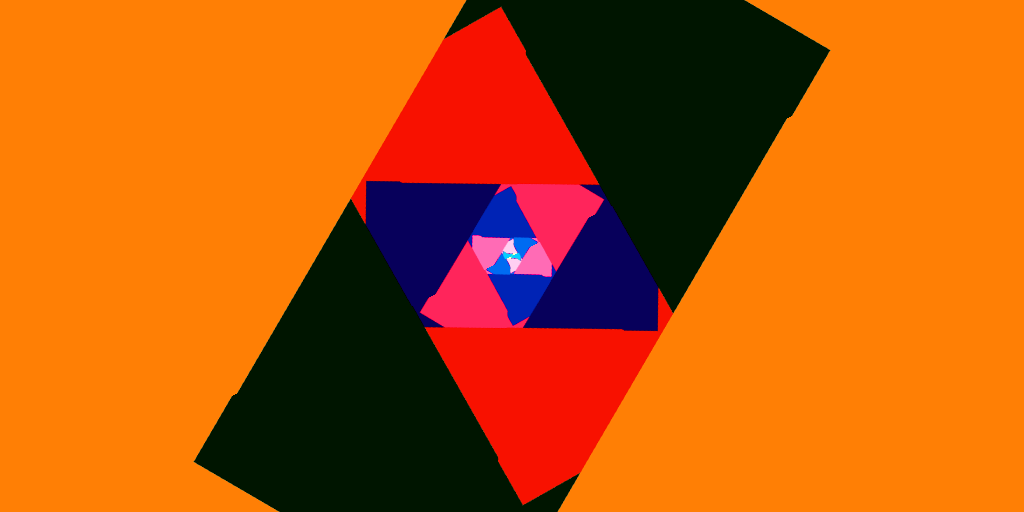
Level 1: Child
The Nth Society is a computer game. People from all over the world can play it on their computers.
It's a fun game because it's like real life except you can try being a different person. It's more like real life than other games so that's why it's new.
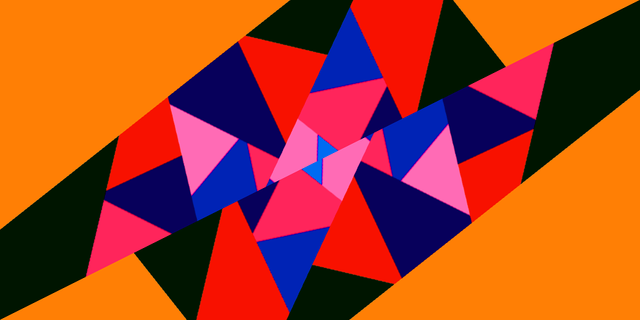
Level 2: Teenager
I'm sure you play computers games, you probably play MineCraft. Nth Society is based on MineCraft but it's more customized. It's actually cusomtized beyond what MineCraft can already be customized to do with mods, so we actually need a whole new game for it.
When you play Nth Society you'll have to work together to secure your stuff, or be very very clever on your own. That's because the game doesn't care what stuff is yours. If someone wants to steal it you have to find a way to stop them, or get it back from them. You can craft and make things, and learn how to combine and destory stuff, just like in MineCraft.
It's also more realistic than MineCraft. You are born as a child and will eventually die, from a wound, sickness or simply old age. So it really sucks to spawn a new life again because it takes a while to grow up and get strong. We hope this means people will take it a little bit more seriously and have more fun roleplaying. That also means taking it seriously when you hurt other people too.
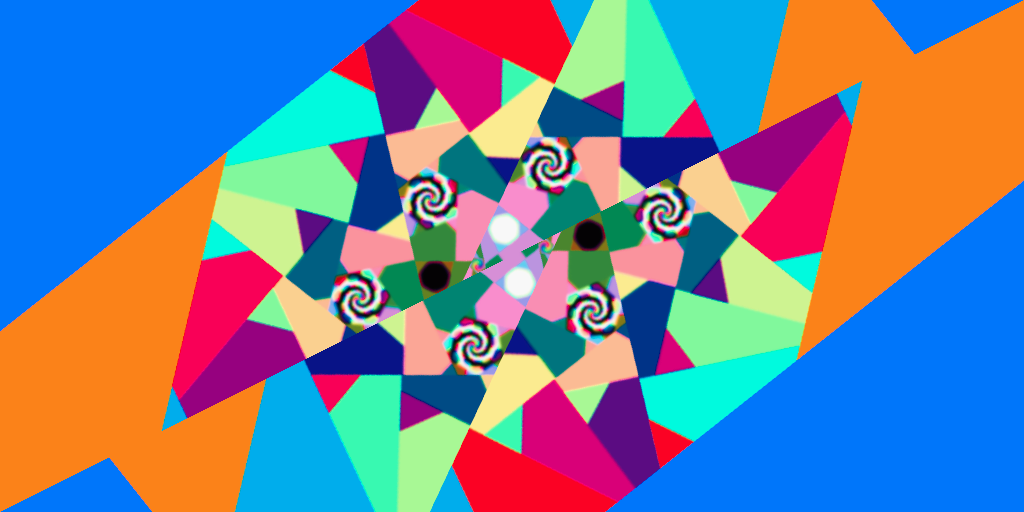
Level 3: College Student
The Nth Society is a multiplayer game where you play a character in a realistic simulation with other players. All multiplayer games need some way for game data to be shared between players. The common industry standard is to have a centralized server that anyone can set up, and players join that server.
One of the problems with the standard games server systems is that one or a few people control the server. This means they are the ruler of the game, arbiter of disagreements, decider of features, patches, updates, etc. This is usually fine but it requires trust. In an potentially adversarial world, we may not actually have this trust, and the power the admins hold may corrupt them.
Rather, imagine if every person playing a game was running a part of the game server too. That way no one would really control it, because everyone would. That's what we want to do with Nth Society, create a game server distributed throughout the network of players.
In the game you play as a regular person with regular needs, such as eating, clothing, shelter, sleep, and most importantly - company. Just like in real life you can't do much on your own except eke out a meagre living. You don't have any special powers but you are still a strong human in an interesting and rich world. We want to see what happens in a realistic computer game when people really care about their life.
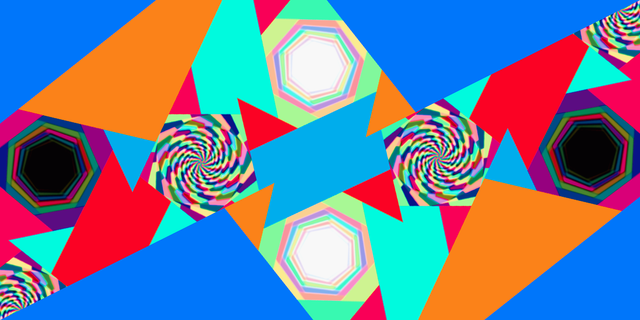
Level 4: Grad Student
Okay so we can assume you're familiar with computer games, computer networks and some game theory. Nth Society is a multiplayer computer game running it's own network peer-to-peer between players, like torrents or a blockchain. It's like MineCraft or World of Warcraft except it's ultra realistic. If you've heard of Rust that's probably the closest game to it in terms of the goal of the game, but it's not exactly the same. And there is some balancing of incentives using game theory.
We need a high degree of realism because of the goal of the game, to explore how to form a voluntaryist society. As the name suggests, voluntaryism asserts that all actions should be voluntary. Or as Wikipedia puts it as "all forms of human association should be voluntary."
Without gameplay that models real life accurately enough it will just be another game that is only about itself. The idea is that Nth Society can actually be used to explore ideas that will transfer to the real world. If that sounds pretty far fetched it's because it is! This is very much an experiment to see if this goal can be achieved, not knowing exactly how it will work. But anyone who gets involved in it thinks it will be interesting enough to put time into developing an attempt.
It's up to us to figure out how closely reality needs to be modelled, to what level of detail. In this we also need to consider the practicalities of a computer game. This will not be easy to balance. I'm currently working on the premise that the finest level of detail is the object. That means that the smallest "thing" in the game universe is an object, not a molecule, atom. Rather it is, a tree, a branch, a piece of wood, a chair, an axe handle, a hand, a rock, a typewriter, etc. We will use a detailed crafting style system to describe the relationships between these objects, including how they are made, what they can be broken up to or transmuted to and by which processes.
That's one part of reality. The other main one is human life. Players will be "born" to parents. The general idea is that one or two existing players sponsor a new player by bringing them into the game as their child. This is important: there is an actual cost to both parent(s) and child to make this arrangement. A new player (child) pays a set fee to their parent(s) for the protection. The parent also pays a small fee to a third party (arbiter) who confirms the protection was forthcoming, i.e. the child did not die from neglect or parental violence. I won't go into more detail here, but this is intended to add to the seriousness of the arrangement and incentivize people to become parents, closely mirroring the real world biologicial inclination to procreate.
The new player will experience a childhood period before becoming an adult. During childhood their capabilities increase until their full adult potential is realized. Players can die also, and death is permanent. To play again you have to get born as a child again. This is intended to make your life something to prize, just as it is in reality.
By playing the game the players can see how society works given the conditions of the game. In each game they can change their behaviors to see what works, what brings them the most joy. Through the lens of their character they can then hopefully learn about society and voluntaryism.
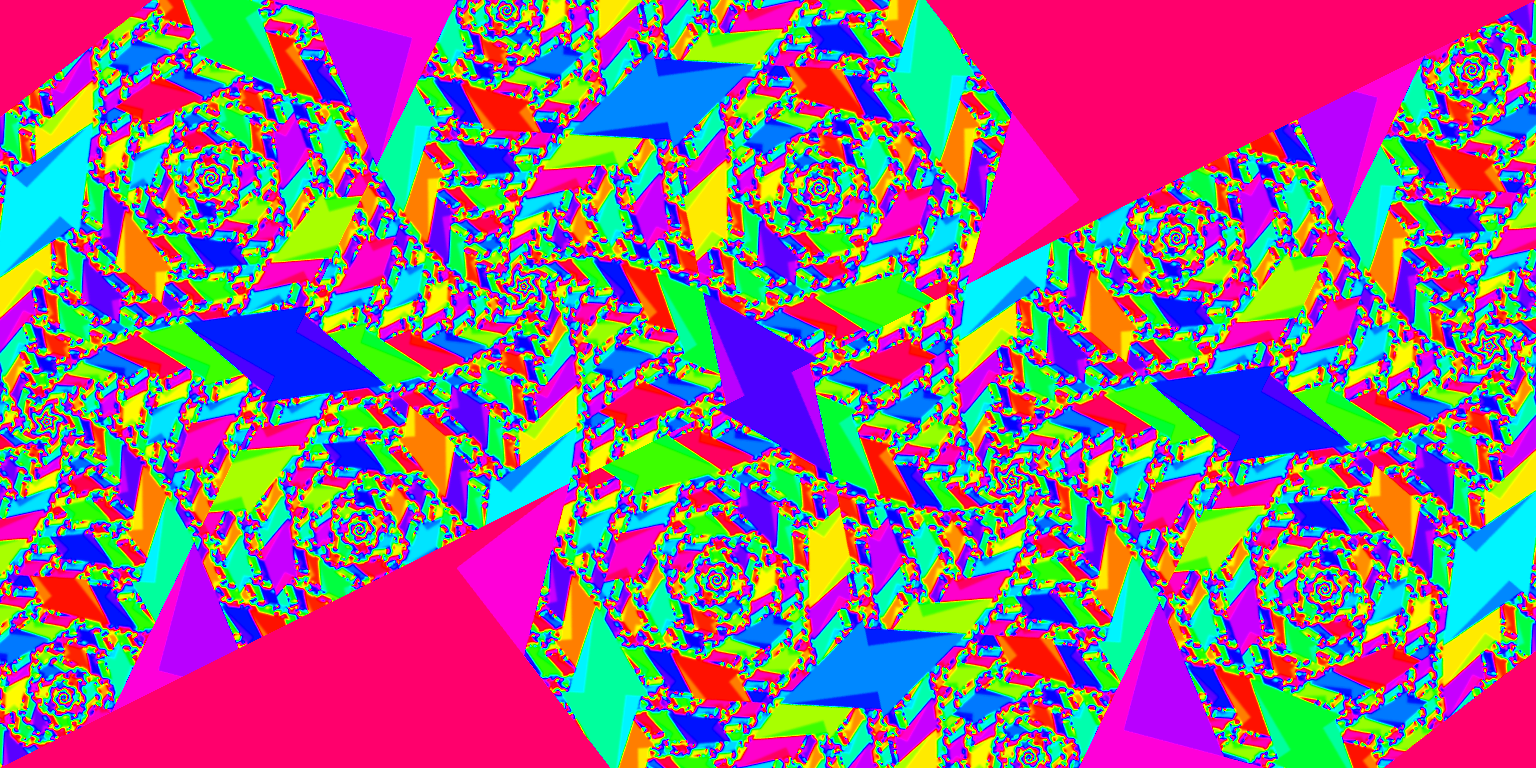
Level 5: Expert
At it's core, the Nth Society is a Complex Social Simulation Game. We need to understand the constituent concepts before we can understand what that all means together.
For our purposes we define complexity (i.e. a complex system) as a system made up of actors who's collective behavior cannot be inferred by the properties of the actors alone. As Aristole famously put it, "The whole is more than the sum of its parts". By studying these systems we find emergent properties. An example of this is a human economy. No one person's particularities shows us "the economy". It is only by studying the trading interactions between people that we see the economy as an emergent property. [1]
The proper way to describe a complex system is that it is non-linear. This means that the response of the system is not proportional to its causes [2a].
In non-linear systems, the slightest variation in the initial conditions can result in unpredictable large variations in the system’s response. In socities [sic] something similar happens. Social events often lead to unexpected, unforseable [sic] and sometimes undesired consequences. [2b]
A social simulation game should be obvious in surface meaning. It is a game focused on simulating social interactions for a variety of purposes. Unlike say "The Sims" for example, we do not simulate the actors, characters are directly controlled by humans. Thus the social interactions are almost "real" but in a simulated world. I'm not going to go into the philosophy of it here, but ask yourself, can you consider any relationships in The Matrix real?
Our purpose with the Nth Society game is to explore voluntaryism specifically. The experiment is designed to answer questions such as, "what conditions are necessary for voluntaryism?". "What human behaviors are conducive and corrosive to liberty?". "Can voluntaryism be a stable system of social organization?"
It is important for game players to be as free as possible in order for the simulation to be legitimate. That is, the game structures should impede free action as little as possible. In fact it should be no more or less than in real life. That goes the other way too: the game should not grant any special powers or privilege to people other than the universe grants in reality. To this end there is no game supported market system, no social casts recognized or official roles, no unbreakable locks, no magic objects.
This does not mean there will be no market, officials or social casts, though it definitely means no magic. If there is to be markets or social roles, they will emerge as a part of social organization. This is a core assumption of the game design, and it needs to be supported with fully expressive character capabilities.
Through this reasoning we arrive at the inevitable requirement that not even property can be recognized by the game. This does not forbid property, it just means the game does not have a concept for it. People will have to figure out property the good old fashioned way. To really understand this you need to read about property theory, even if you disagree with it. My recommendations are the anarchist classic "What is Property?" by Proudhon, the Objectivist "For the new Intellectual" by Ayn Rand, or even "The Magna Carta".
We moved quickly by an important point: the game is a simulation. What actually is the process of simulation? Before answering that, we need to know what a simulation consists of: models. A model is a representation of "something else" in reality. [3a] A model is always designed for a purpose and knowing that purpose helps us to determine what information is required for the model. Consider this:
One of the major issues concerned with simplifying 'something else', be it a relatively simple or complex situation, is determining which factors can be confidently removed from the situation without impacting on the reliability and validity of a model that is subsequently built to emulate or represent it. In essence, once a factor or series of factors are removed from a situation, the situation itself is changed. [3b]
A simulation is the application of models, most often with respect to time, when actors are inserted. Actors cause changes in the state of the simulation [4] and without them nothing happens, the model does nothing. In Nth Society the actors are the players which have live human input. So it is a simulation of society which arrises between multiple players in a world modelled on the real world. It is valuable because it can be run and rerun, with players trying different ways to live and conduct their lives to their own betterment.
It does not largely matter if all the players are attempting to live by voluntaryist principles. By the nature of the simulation it will always test whether or not voluntaryism emerges from realitic freedom, or whether something else does, or nothing at all.
The world modelling will be a challenge but luckily there are plenty of higher level models of real world phenomena already widely available. This is largely thanks to statistical modelling and the fact that natural processes often follow simple statistical distributions within a acceptable degree of error. However, and I stress this, we must be choosy about what to spend time on and remember to balance model detail with computational resource usage.
Nth Society is not Second Life. The game is not a social club, do not confuse an investigation of society with "socializing". In this regard we can say that Nth Society is not a casual game but a serious game. That is, in addition to play and fun there is a serious goal at it's heart. In other words, there is something at stake when you play - your character's life.
I could write another 5 pages on both the underlying game network structure and the child / parent relationship, but I think this is enough for now, even at expert level.
References
- [1] - Complex Systems Society
- [2] - Philosophy of Nature
- [3] - Simplification: ethical implications for modelling and simulation paper by John Barlow
- [4] - Introduction to Simulation paper by Ricki G. Ingalls
Finally
I hope that this helps explain the ideas in a better way. I've received some constructive criticism that the project goals, direction and vision have not been very clear so far.
Let me know if this clears things up, I'm confident that it at least helps somewhat for me anyway, but I am very curious to see if it helps others.

All images except the Nth Society logo banner are original and by me using this awesome app called Fraksl. All images in total are licensed CC0 - use, reuse at will.
I have no idea how you are going to pull this off but if you do you may have created the best game ever and the watershed start of them enslavement of humanity by giving them entertainment where they can live their fantasies.
Downvoting a post can decrease pending rewards and make it less visible. Common reasons:
Submit
Well firstly thank you for the compliments 😊
Yes it may be a poisoned apple if it comes to fruition, a step on the road to the horror of The Matrix! Lol, but really I do think about how much the game will ask of players and it's something we discuss. Currently an idea is to have a sleepwalking mode when you are offline so your player avatar still plays to a limited capacity.
Downvoting a post can decrease pending rewards and make it less visible. Common reasons:
Submit
I say, no. It should be Elm street style - sleep and risk death.
Okay, perhaps sleepwalk mode would be interesting or perhaps it could generate something while asleep. Dream value.
Downvoting a post can decrease pending rewards and make it less visible. Common reasons:
Submit
You always risk death. It is ever present.
I guess I used a bad name for what I envision, it wouldn't mean you can be active throughout sleep (though we also do have to add the requirement to sleep and rest!). It's more like autopilot. Simple routines of survival would be automated, at least that's the sketch I have in my head. I'll do a post on it sometime, would be interested in yours and others' feedback.
Thanks for bringing back memories of Elm street ... 👻
Downvoting a post can decrease pending rewards and make it less visible. Common reasons:
Submit
I think we are going to enjoy but, but the project seems to be the mutipronged integration, would love to play and enjoy and hope it should not be so complex, which according your explanation is not there.
I think the project will revolutionise gaming world. Yes, every bit was easy to understand for me at least.
Downvoting a post can decrease pending rewards and make it less visible. Common reasons:
Submit
That is quite in depth i assume you have gone through all this strategic points in life , though what you have writen may sound quite mind bogoling to some.
Downvoting a post can decrease pending rewards and make it less visible. Common reasons:
Submit
It in the higher levels it does get complex, but what I've tried to demonstrate here is that you won't need to know every detail to enjoy it!
Downvoting a post can decrease pending rewards and make it less visible. Common reasons:
Submit
Somehow I missed this post during the last couple weeks, until today.
The information it provides prompts innumerable questions, and I don't know where to ask them. The primary question I have is regarding time. Few people will get much past being born if there is a 1 to 1 time value in the game.
However, given the depth of value people will place in their avatars due to death being irreversible, a 50 to 1 time value will cause folks to be very upset as their avatars age unto death, without option to maintain them further.
Inflation is the idea in cosmology that during the initial nanoseconds of the Big Bang, the universe expanded at rates far faster than the speed of light. Perhaps a similar time value, where infancy occurs during a week, rather than 3 years, and prepubescence in two weeks rather than 10 years, while useful lifetime of the avatar is extended to beyond a year, at most of RL time, to some time that devotees of the game would be able to find rewarding enough to keep them engaged.
I have email addy's that I have maintained for more than 20 years, and I don't even like them that much =p
One of them is based on a character name from Everquest, which I still recall fondly. I can even remember the names of some of the gear the character had, acquired through great effort during special anniversary events held by SOE, such as the Fabled Flowing Black Silk Sash.
I can see that folks might well become quite invested in their avatars should the game prove engaging.
I have lots more questions. Where should I ask them?
Thanks!
Downvoting a post can decrease pending rewards and make it less visible. Common reasons:
Submit
I like that idea a lot, it makes a lot of sense, thanks.
You can ask your questions wherever you want, here might be good. Proceed! 🤓
Downvoting a post can decrease pending rewards and make it less visible. Common reasons:
Submit
There are influences on meatbags that aren't potential in game. Feelings. I noted several of the tales regaling us spoke of such things as if they were happening, but the impulse to act animalistically is greatly reduced online.
Despite that, pr0n is a hazard yet.
My youth was largely regrettable as a result of giving sway to impulses that beings of pure reason would not have. This will impact how the game is played, and result in divergence from RL in substantive ways. Dunno what to do about that, but it's something that will potentially prevent useful simulation if not carefully considered.
Another issue is crafting. Clever folks can come up with pretty ingenious uses for things that aren't foreseeable. Invention is something that characterizes culture, and drives societal evolution. I have no idea how such a property might be potentiated in game. Again, a static technology can prevent conformity between the simulation and RL.
Dunno if these are issues you want to deal with. Obviously trying to bite off more than can be chewed can choke things, rather than contribute to their growth.
Thanks!
Downvoting a post can decrease pending rewards and make it less visible. Common reasons:
Submit
Really good points, and definitely things worth considering. The biting off too much issue is real, but that doesn't stop us considering things, it should just influence where developmental energy gets focused.
Feelings will be real, via the meatbag. But feelings simulated per age, maybe something we could call emotional maturity, cannot be simulated in this way. This is one of the ways that the simulation will necessarily fail to be realistic in. I'm loath to add features which attempt to artificially create these situations, but perhaps it is needed for certain aspects. Would you consider this to be one of them?
The crafting thing is real too, or rather bounded inventiveness. Someone had the idea for crafting specs to be able to be written in game as a player, which is another way to say invention is possible. I really like this in concept but I'm not sure how to translate it to the game world. I would definitely be open to it.
Downvoting a post can decrease pending rewards and make it less visible. Common reasons:
Submit
What I meant by feelings isn't translatable into digital media: physical sensations, glandular impulses. Hunger, for example. Fatigue. Lust or laziness. Things that greatly impact society and inform human interactions aren't replicable in an avatar.
As to invention, the idea is awesome, and I suspect possible essential to the Nth, but how can the properties of the invented item be codified after the game is published? Should users be able to drive some kind of autonomous code writing routine to add new items to the world?
Thanks!
Downvoting a post can decrease pending rewards and make it less visible. Common reasons:
Submit
Yes that's true, there can be no direct physical connection without some very extreme futuristic interfaces. Some things can be modelled, such as hunger, but the actual experience of hunger cannot be made to feel real for the meatbag player.
You assume that these experiences "greatly impact society" in and of themselves. I'm not convinced their experiential reality is so important, but that is something the game will implicitly test.
Regarding inventing, I'm not really sure, the idea is very vague at the moment and waiting for someone to develop it. I think it could be possible. Second Life has such a facility, though it's far more for show than anything else. See this or this link.
Downvoting a post can decrease pending rewards and make it less visible. Common reasons:
Submit
Regarding how our senses impact society, I can speak from personal experience alone, and what I have observed. Animal impulses are an enormous influence.
Since no game has been able to tap into them, I dunno what to do about that, but since the purpose of the Nth is to simulate volutarist society, I reckon some consideration to the impact of such matters and how the affect society is going to be necessary.
As I said, my recollections are that such matters largely governed my youth. I suspect that to be the case for most folks. YMMV, but I doubt it.
Look at the risky behaviour it drives everywhere you can. Smoking, drinking, gluttony, promiscuity, laziness, skydiving, streetracing, copbaiting, on and on. None of these things are chosen for rational reasons, they are behaviours driven by the animalistic sensations we are prone to.
Absent those impulses, the modeling ability of the game is limited.
I remember you could drink to drunkenness in Everquest. They tried to simulate the disorientating effect of drunkenness, and it was kind of fun to try to navigate drunk, but it's also nothing like as compelling as the sensation of a buzz.
Not trying to bugger things up, but such impacts on human behaviour may benefit from some Everquest style simulation.
Maybe some things can be driven by tapping into the impulses of the meatbags playing the avatars, since they can't be made to affect the avatars themselves.
Like when an avatar is at an age when young men are suffering testosterone poisoning, some compelling benefit to the animal urges of the player might be triggered by ingame foolish behaviour.
Downvoting a post can decrease pending rewards and make it less visible. Common reasons:
Submit
Awesome, yes I get you. So while I'm not convinced that it's important - you are - and how this works, how it should work, is that you are basically volunteering to describe that, which you have started to do, and I thank you.
I'm sure it would be very useful to the project if you were to lay this all out with a bit of research in a post.
Downvoting a post can decrease pending rewards and make it less visible. Common reasons:
Submit
i'm really intrigued by the idea. More than a game, also a fascinating opportunity to explore human behavior as the simulated society evolves.
Is each 'generation' able to build upon the systems and constructs created by those who came before?
Downvoting a post can decrease pending rewards and make it less visible. Common reasons:
Submit
Good question! Yes I imagine so, with the same caveat we find in the real world, that the dying generation choose to pass it on, that the next generation are capable of maintaining it and that there are no catestrphic events which disrupt the transition.
If you'd like to contribute to discussions on this and other topics please join our Discord 😇
Downvoting a post can decrease pending rewards and make it less visible. Common reasons:
Submit
Really interesting.
This overlaps quite a bit with what I'm thinking about and working with... within a very different domain... (continental) philosophy.
I suggest you look into object oriented ontology, as that seems essential to some of the choices you're implicitly making on the level of programming, which may very well work but which have extensive consequences for the way Nth Society will work.
Also, I suggest you look into Baudriallard and his understanding of simulation. Without at least acknowledging that level of reality that he expresses, you might encounter some problems.
Overall, HIGHLY interesting project. Let's discuss this!
Downvoting a post can decrease pending rewards and make it less visible. Common reasons:
Submit
This underlies many of the questions I have after reading the post (not Baudrillard specifically, but my understanding that such issues relate to the immense differences between motivations we have in RL versus those we have for engaging online). Very applicable point!
Downvoting a post can decrease pending rewards and make it less visible. Common reasons:
Submit
I like this 5 levels of difficulty approach. I feel I'm beginning to have an idea what the game will be about. If you can pull this off, I think it will be like a more realistic version of the OASIS from the book Ready Player One.
Downvoting a post can decrease pending rewards and make it less visible. Common reasons:
Submit
Thanks for sharing this knowledge. Great research found. Well nth society is not a second life
Downvoting a post can decrease pending rewards and make it less visible. Common reasons:
Submit
Good nth-society post.
Downvoting a post can decrease pending rewards and make it less visible. Common reasons:
Submit
great post.
Downvoting a post can decrease pending rewards and make it less visible. Common reasons:
Submit
cool nth-society post. 🙃
Downvoting a post can decrease pending rewards and make it less visible. Common reasons:
Submit
Interesting gamedev article. ✅
Downvoting a post can decrease pending rewards and make it less visible. Common reasons:
Submit
Good gamedev article.
Downvoting a post can decrease pending rewards and make it less visible. Common reasons:
Submit
great nth-society read. :D
Downvoting a post can decrease pending rewards and make it less visible. Common reasons:
Submit
Great article. :d
Downvoting a post can decrease pending rewards and make it less visible. Common reasons:
Submit
Whoa is your bot malfunctioning?
Downvoting a post can decrease pending rewards and make it less visible. Common reasons:
Submit
interesting post. :D
Downvoting a post can decrease pending rewards and make it less visible. Common reasons:
Submit
Great nth-society read. Voted 1.0% 👏
Downvoting a post can decrease pending rewards and make it less visible. Common reasons:
Submit
good article~ 😇
Downvoting a post can decrease pending rewards and make it less visible. Common reasons:
Submit